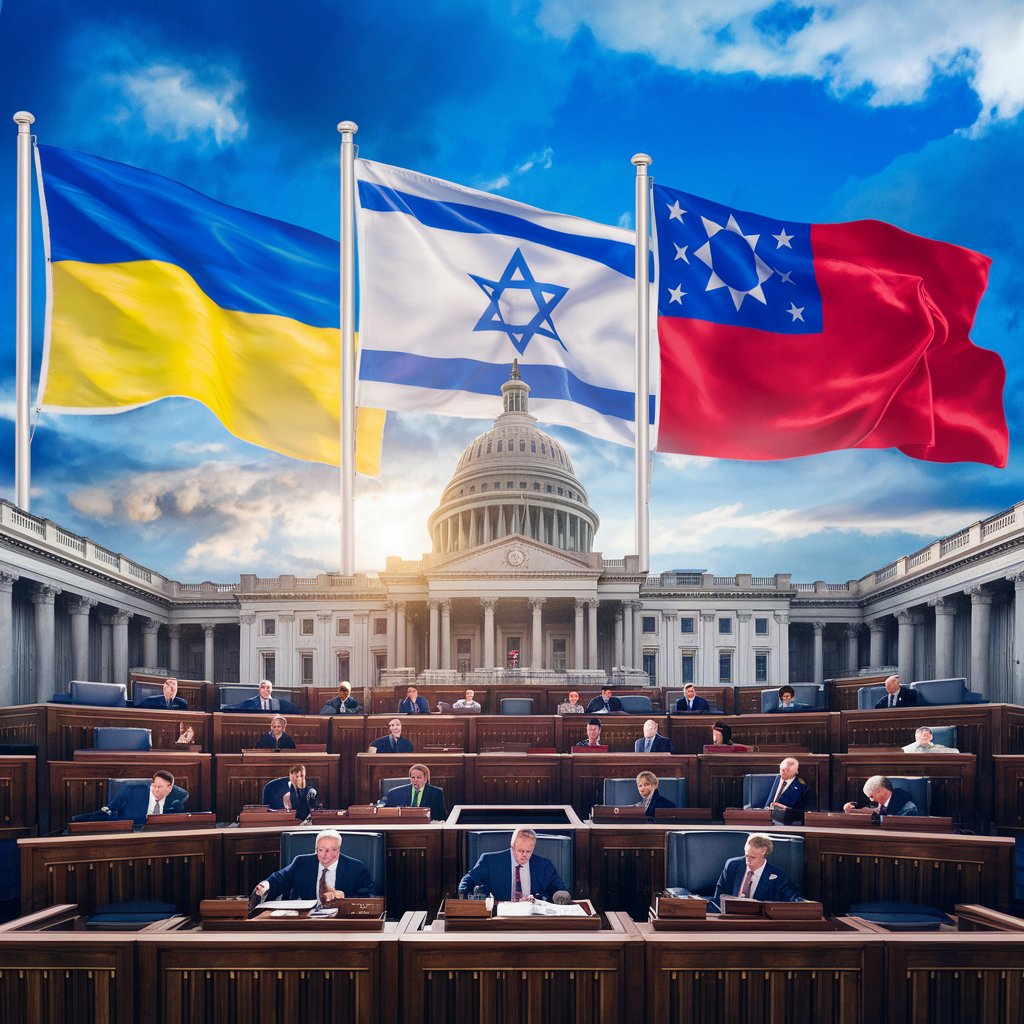In a carefully crafted message to Pakistan’s new government, US President Joseph Biden has pledged to foster a lasting partnership, acknowledging the need for close cooperation in addressing pressing global and regional challenges. However, this overture comes against the backdrop of concerns regarding electoral irregularities in Pakistan’s February 8 elections and allegations of subsequent tampering with the verdict. While US lawmakers have called for a fair audit of the vote, the White House appears cognizant of the strategic significance of Pakistan, especially amidst the resurgence of terrorism in neighboring Afghanistan. Thus, despite reservations, Washington reaffirms its commitment to stand with Pakistan in tackling critical issues.
A Reset in Pakistan-US Relations
The Pakistan-US relationship is undergoing a reset, with mounting pressure on both sides to address core issues such as human rights and socio-economic development. There is a growing consensus on the need to shift the focus towards people-centric initiatives rather than solely viewing the relationship through the lens of security challenges. Initiatives like the Green Alliance framework underscore the mutual desire to collaborate on climate resilience, sustainable agriculture, and water management for economic prosperity.
Challenges and Opportunities
Despite strides in the bilateral agenda, there remain genuine concerns on the civilian front in Pakistan, particularly regarding human rights and the perceived selective approach of the United States. To fully harness the potential of the 240 million-strong nation, characterized by a significant youth demographic, genuine democratic reforms and investments in human development are imperative. Only through such efforts can Pakistan align itself more closely with the broader regional and global priorities championed by the United States.
Conclusion
As Pakistan and the United States navigate the complexities of their relationship, there is a shared recognition of the need for pragmatic cooperation while addressing underlying grievances. By prioritizing people-centric initiatives and fostering genuine democratic reforms, both nations can forge a partnership that not only addresses immediate challenges but also contributes to long-term stability and prosperity in the region.
- Read more CSS material by clicking here



